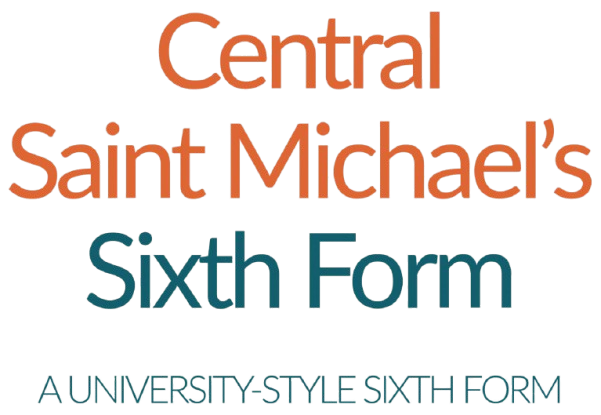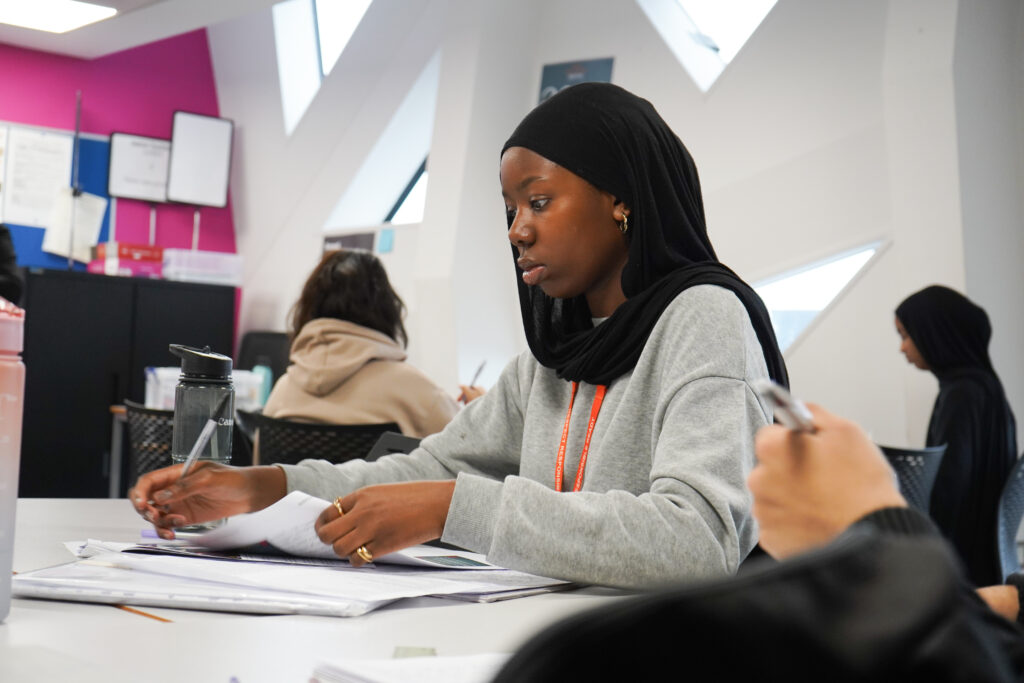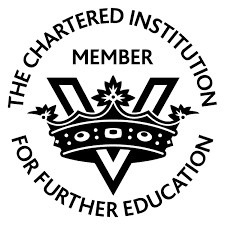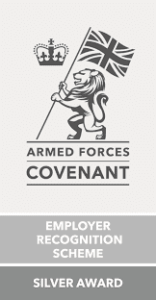Politics is the study of power and conflict. If you are interested in current affairs and the world around you, choose A Level Politics at Central Saint Michael’s, which can be studied alongside two other A Levels or Applied subjects, or alongside a BTEC Double Diploma such as Business. Politics would typically be combined with other social science or humanities subjects such as Law, History, Sociology, Economics or Criminology.
Content Overview
In this course you will study AS Politics in the first year and A Level Politics in the second year. In year one you look at what politics means before looking at the way in which people get involved in politics through democracy, pressure groups, political parties, elections and referenda. You then move on to look at how the UK is governed and at key concepts and institutions such as the UK constitution, Parliament, the Prime Minister and Cabinet and the UK supreme court.
In the second year you look at some key political ideologies (Liberalism, Conservatism and Socialism) as well as the additional ideology of Nationalism. You then look at American politics and examine many of the concepts and institutions from the first year but in an American context- elections in the USA, American political parties and pressure groups, the US constitution, Congress, the US Presidency and the US Supreme Court. You finish the course by directly comparing and contrasting how the US and UK political systems operate.
Year 1 AS Level Politics
Paper 1: UK Politics
Focus: Political participation and democracy in the UK
- Democracy and Participation
– Types of democracy (direct vs representative)
– Strengths and weaknesses of UK democracy
– Role of elections, referendums, pressure groups and rights - Political Parties
– Party functions, funding and ideology
– Major parties (Conservative, Labour, Liberal Democrats)
– Minor and emerging parties and their influence - Electoral Systems
– Systems used in the UK: FPTP, STV, AMS, Supplementary Vote
– Advantages, disadvantages and debates on reform - Voting Behaviour and the Media
– Factors affecting voting: class, region, age, etc.
– Media influence on public opinion
– Case studies of recent general elections
Paper 2: UK Government
Focus: How the UK government operates and where power lies
- The Constitution
– Nature and sources (statute law, conventions, common law, etc.)
– Constitutional reform and the codified vs uncodified debate - Parliament
– Role and structure of the House of Commons and House of Lords
– Functions: scrutiny, legislation, representation - Prime Minister and Executive
– Powers and functions of the Prime Minister and Cabinet
– Collective/individual responsibility and decision-making - Relationships Between the Branches
– The judiciary and judicial independence
– Devolution and the impact of Brexit
– Where sovereignty lies in the UK system
Year 2 A Level Politics
Everything above, plus:
Paper 1 (continued): Core Political Ideologies
- Liberalism
– Individual liberty, reason, equality, and limited government
– Classical vs Modern Liberalism
– Key thinkers: Locke, JS Mill, Rawls - Conservatism
– Tradition, hierarchy, order, human imperfection
– One-nation vs New Right
– Key thinkers: Burke, Oakeshott, Nozick - Socialism
– Class, equality, collectivism, social justice
– Revolutionary socialism vs Social democracy vs Third Way
– Key thinkers: Marx, Giddens, Crosland
Paper 2 (continued): Non-Core Ideology – Nationalism
You’ll explore key nationalist ideas and internal debates across different forms:
- Core Concepts of Nationalism
– The nation, self-determination, sovereignty and identity
– Civic vs ethnic nationalism - Types of Nationalism
– Liberal nationalism (e.g. Mazzini)
– Conservative nationalism (e.g. Herder)
– Expansionist nationalism
– Anti/post-colonial nationalism (e.g. Fanon) - Tensions within Nationalism
– Rational vs irrational forms
– Inclusive vs exclusive nationalism
– Globalisation vs national sovereignty - Key Thinkers:
– Jean-Jacques Rousseau
– Johann Gottlieb Fichte
– Giuseppe Mazzini
– Charles Maurras
– Marcus Garvey
Paper 3: Comparative Politics – USA Route
US Government and Politics
- The US Constitution and Federalism
– Separation of powers, checks and balances
– Federal vs state powers, constitutional change - US Congress
– Structure and powers of the House and Senate
– Law-making, scrutiny and representation - US Presidency
– Powers, roles, limitations
– Relationship with Congress and Supreme Court - US Supreme Court and Civil Rights
– Judicial review and key cases
– Role in protecting rights and liberties - Democracy and Participation
– Voting systems and behaviour
– Political parties, PACs, interest groups
– Campaign finance and role of the media
Comparative Politics: UK vs USA
Key areas of comparison:
- Constitutions (codified vs uncodified)
- Executives (President vs Prime Minister)
- Legislatures (Congress vs Parliament)
- Judiciaries (Supreme Courts)
- Rights protection
- Electoral systems
- Political parties and pressure groups















